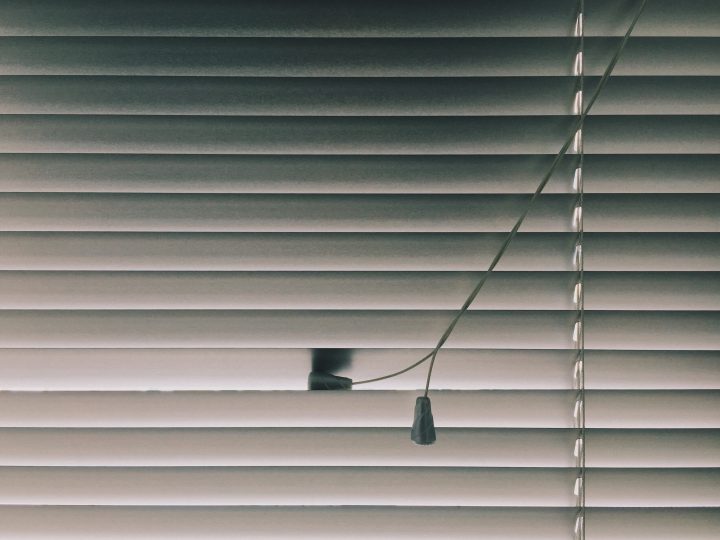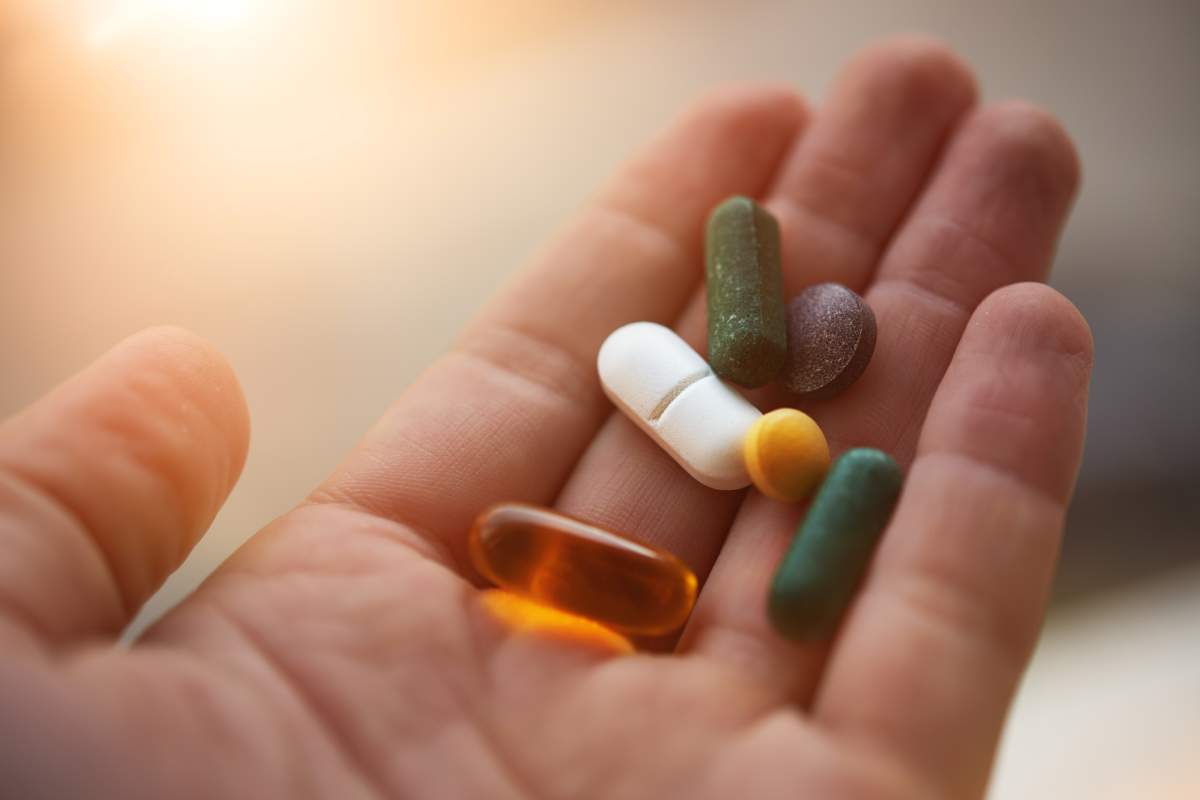The Global News and CKNW Health Series will be tackling the issues of sleep and stress. Today’s topic, sleep hygiene.

How did you sleep last night? What about the night before that? Think back — when is the last time you had a really nice, deep sleep and you woke up feeling refreshed? If it’s been a while, you’ll want to keep reading.
“Think of your brain as a computer, so hitting that reset button, you’re getting all the files shifted and sorted,” says Dr. Julie Reil, an author and women’s health and nutrition advocate.
“Sleep is key in both the reset button but also in the production of certain growth hormones and things that allow you to clear stress.”
So think back to when you woke up this morning, were you groggy? Did you see some puffiness under your eyes? Did you retain water?
Reil says a lot of people are not sleeping well and are have to head straight to the coffee maker the moment they wake up.
“We should be waking up feeling alert and even energized and excited for the day,” she said
So what can you do to get a good night’s sleep?
1) Sleep hygiene
One of the first things you can focus on to rest better is make sure your sleeping area is conducive to a good night’s sleep, says Dr. Kate Rheaume, a naturopathic doctor, author, and health educator.
She recommends sleeping in a dark room, making sure the room is quiet with no computers or screens.

Get breaking National news
“You want to make sure you take care of your sleep environment,” Rheaume said.
2) Exercise
According to Rheaume, exercise also plays a big role in your sleep patterns, but you have to time it just right.
3) Healthy breakfast?

That’s right, believe it or not, the first thing you eat after waking up can have a real impact on your sleep.
Eating high-glycemic-index foods that raise blood sugar levels can disrupt your sleep at night, says Rheaume. So avoid things like white flour, white sugar or processed foods.
“So looking for whole unprocessed foods at breakfast,” says Rheaume. “An omelette with vegetables would be ideal because you’ve got protein, fat, and fibre in that. Something even a little quicker for on-the-go would be Greek yogurt sprinkled with nuts or seeds.”
4) No screen-time before bed
This is one people are probably familiar with, but it doesn’t mean they follow it.
“The exposure to the bluish light that comes out of tablets, smartphones, and even television screens actually can shut off our melatonin production,” says Rheaume.
Melatonin helps regulate sleep, so Rheaume recommends no screens at least an hour before bed to optimize its production.
5) Natural boosters
If you’ve tried all of the tips above and are still having trouble sleeping you can also try natural supplements.
“Amino acids for example like L-theanine,” Rheaume said. But make sure you get it in a supplement form, warns Rheaume, L-theanine is usually found in green tea which contains caffeine, so try to avoid that before bedtime.
- Father of Tumbler Ridge school shooter issues statement: ‘I carry a sorrow’
- More B.C. restaurants say money gone from 3rd-party program and still no answers
- Tumbler Ridge B.C. mass shooting: What we know about the victims
- ‘We now have to figure out how to live life without her’: Mother of Tumbler Ridge shooting victim speaks
















Comments
Want to discuss? Please read our Commenting Policy first.